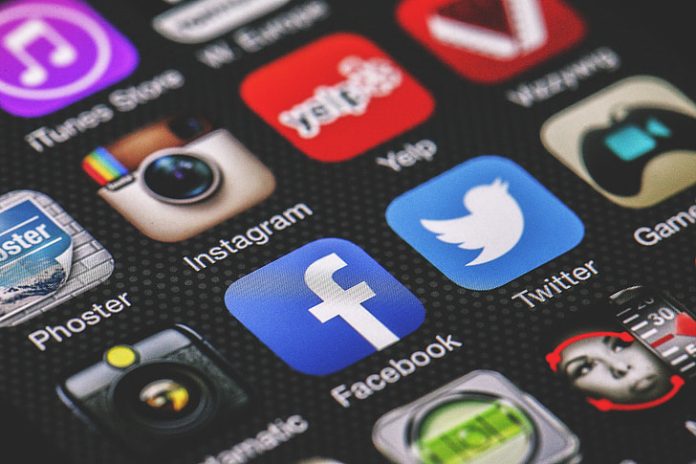Mobile apps are now available in a variety of genres. There are dating, shopping, diet, exercise, and social media applications. They can even act as virtual fitting rooms. The possibilities for these applications are seemingly endless. With the increasing popularity of smartphones, there are a growing number of developers producing new apps every day.
Lifestyle Mobile Apps
The user experience is a key priority for lifestyle mobile apps. Users often use them while doing activities, so notifications at the wrong time can be inconvenient. To avoid this, develop a feedback collection strategy that triggers at the right time, and create logic flows to avoid interrupting users’ experiences. This can help you build a loyal base of repeat users and generate repeat revenue.
Lifestyle apps also help people monitor their health and track progress. They offer information about sleep patterns, diet, physical activity, and exercise. They also provide travel information and weather forecasts.
Social Media Mobile Apps
Social Media mobile apps are becoming an increasingly popular way to market and promote products. Many of these apps work with social media influencers to help them advertise their products. They hope to sway followers to purchase the products they’re promoting. In addition to helping companies spread the word about their products, social media apps can also help them sell their products.
When developing social media mobile apps, it’s important to consider the features users want. These features can include things like cropping images, trimming videos, or even making collages. The features you choose will depend on the needs of your audience, so market research and analysis will be crucial.
Utility Mobile Apps
Utility mobile apps are among the most common types of mobile applications. They help customers accomplish a range of tasks. These apps are often fun and can help customers complete everyday tasks faster and easier. A utility app must have features that will attract customers, make it more enjoyable to use, and help the customer accomplish tasks faster and easier.
These apps are designed for short user sessions. They help consumers get their jobs done quickly and can provide clear, accurate information. Examples of utility apps include travel, weather, and hotel apps. These apps can also help users navigate unfamiliar locations. Some can even provide translation assistance.
Games/Entertainment Mobile Apps
Games/Entertainment mobile applications provide a variety of interactive activities. From social games to music streaming, these apps provide a unique way to pass the time. They are generally free to download, but may contain premium features or in-app purchases. To make the most of these apps, developers should consider the following aspects.
Personalization: Entertainment mobile apps can deliver personalized content to enhance the user’s experience and boost their engagement. Social media integration: In today’s digital world, users spend a great deal of time on social networking platforms. Having entertainment mobile apps with social media integration is the perfect solution to build a following and increase brand recognition.
Games: As the most popular category of mobile apps, games are extremely competitive. The most successful games have a high level of popularity and keep users coming back multiple times a day or week. They offer incentives for frequent play.
Productivity Mobile Apps
Productivity mobile apps help people stay more organized and efficient. These apps are designed for both personal and business use. They help you stay on top of your work schedules and organize your workflow by consolidating all your data into one place. They also allow you to assign tasks to others and monitor your work performance. You can use them from your smartphone, tablet, or computer.
A well-known High Productivity Mobile App is Trello. It is available on iOS and Android and is an excellent tool for keeping track of your workflow and sharing information with colleagues and clients. Its easy-to-use structure lets you organize smaller tasks into cards or boards and assign them to teams or individual members.


















